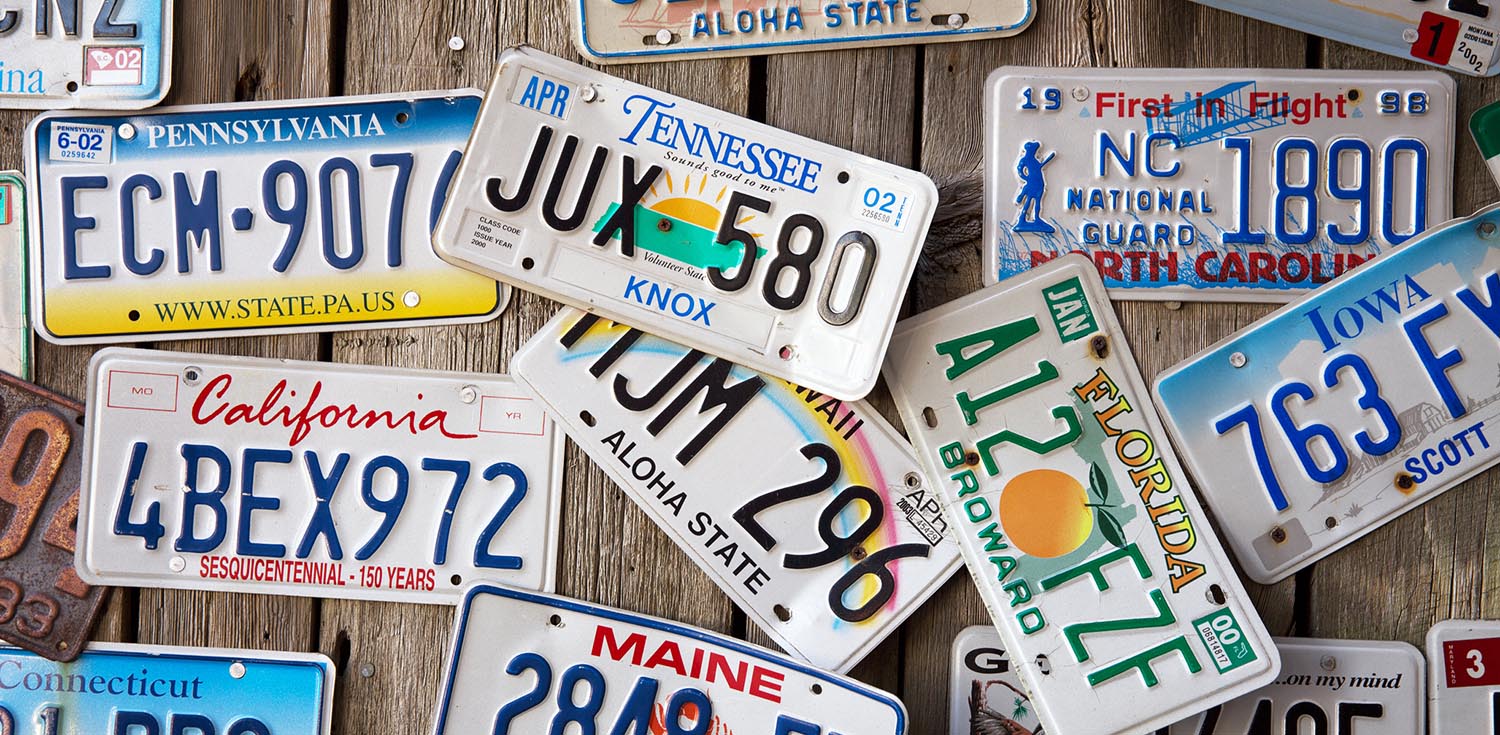
The state of Florida is a tourist destination for people all over the country. The state’s beautiful beaches attract millions of out of state visitors. Large tourist attractions, such as Disney World and the surrounding theme parks also bring in millions of visitors from all over the globe. Part time residents down for the winter and spring months also adds heavily to the amount of out of state drivers on the road every single day. Due to the amount of tourists and snowbirds Florida sees every year, it is very common to be involved in a motor vehicle accident with an out-of-state driver.
Every state has their own laws regarding automobile insurance coverage. For example, New York State requires a motorist to carry liability insurance of at least $25,000 for bodily injury to one person, $50,000 for all persons involved in a single automobile collision, and $10,000 in property damage. Florida, however, only requires motorists to carry $10,000 in Personal Injury Protection coverage (PIP) and $10,000 in Property Damage Liability coverage. There is no bodily injury coverage requirement in Florida. Therefore, it is possible for a person to be insured, but not carry coverage to compensate a motorist for the injuries sustained in a motor vehicle accident.
Florida is one of only a handful of states to require personal injury protection coverage. Personal Injury Protection coverage provides insured injured drivers up to $10,000 in immediate medical payments coverage. Regardless of who is at fault for a motor vehicle collision, or the other party’s insurance coverages, an injured driver who is insured in Florida has immediate access to $10,000 for hospital and doctor’s bills. Personal Injury Protection coverage pays 80% of medical bills up to the $10,000 coverage limit. The remaining 20% of outstanding medical bills are then recovered through a civil lawsuit against the at fault driver. Personal injury protection coverage will also pay 60% of any lost wages due to injuries sustained in a motor vehicle accident.
The requirement of Personal Injury Protection coverage under Florida law is why Florida is often referred to as a “no-fault” state. If you are involved in a motor vehicle accident with an out of state driver, your own insurance carrier will pay 80% of your medical bills up to the $10,000 in personal injury protection coverage. A civil action will then need to be brought against the at-fault driver to recover any additional damages. These damages might include the remaining 20% of outstanding medical expenses, any medical expenses that exceed the $10,000 in total personal injury protection coverage, lost wages, and pain and suffering damages if a permanent injury was sustained as a result of the motor vehicle collision.
Clients are often concerned about where a lawsuit will take place if they are involved in a motor vehicle collision with an out-of-state driver. The venue is the legal term for the proper or most convenient location for trial of a case. Florida law states that in a civil action, venue is proper in the county where the defendant resides, where the cause of action accrued, or where the property in litigation is located. Generally, for a motor vehicle collision venue is proper in the county where the accident occurred. As such, if a motor vehicle collision occurs in Orange County Florida, a civil lawsuit may be filed in that county and the defendant would need to appear in court if summoned.
Out-of-state drivers will generally use the insurance from their state of residence or insurance that has been provided through a rental car agency. As discussed previously, the laws regarding automobile insurance vary greatly from state to state. It is, therefore, possible to be involved in a motor vehicle accident with an insured out-of-state driver who does not have sufficient coverage to fully compensate you for your injuries. In such a scenario, it would be necessary to file a civil lawsuit against the at fault out-of-state driver to be fully compensated for your injuries. Unfortunately, a civil suit can take several years before a jury verdict depending on the county and the complexity of the case. Even after a verdict is reached, it could take additional time to receive the full jury award depending on the defendant’s assets and ability to pay. Fortunately, there are additional precautions a Florida driver can take to ensure they are fully compensated for any and all injuries sustained in a motor vehicle accident with an out-of-state driver.
If you are involved in a motor vehicle collision with an out-of-state driver who does not carry liability insurance, you can still be fully compensated for the injuries you sustain by carrying uninsured motorist coverage on your own automobile insurance policy. Similarly, if you are involved in a motor vehicle collision with an out-of-state driver who does not carry sufficient insurance to fully compensate you for your injuries, underinsured motorist coverage will bridge the gap to make you whole. Uninsured and underinsured insurance coverage is additional coverage a Florida driver can purchase on their own policy to ensure they can be quickly compensated for the full extent of their injuries regardless of the insurance policy carried by an out-of-state driver. Utilizing your own uninsured or underinsured motorist insurance does not mean the at-fault driver will off the hook for the damages caused by their negligence. Your insurance carrier may pursue a claim against the at fault driver to recover the funds that were paid out under the uninsured or underinsured motorist coverage. By maintaining adequate uninsured or underinsured insurance coverage, you will not need to worry about the insurance coverage of out-of-state drivers.
An experienced attorney can assist you if you have been involved in a motor vehicle collision with an out-of-state driver. An attorney request the insurance policies for all the drivers involved in a collision and help you determine if the coverage is sufficient to compensate you for the injuries you sustained. If the insurance coverage is not sufficient, an attorney can help you pursue damages against the at fault driver individually, or even file a lawsuit against your own insurance carrier for the benefits that are due under your own policy.











